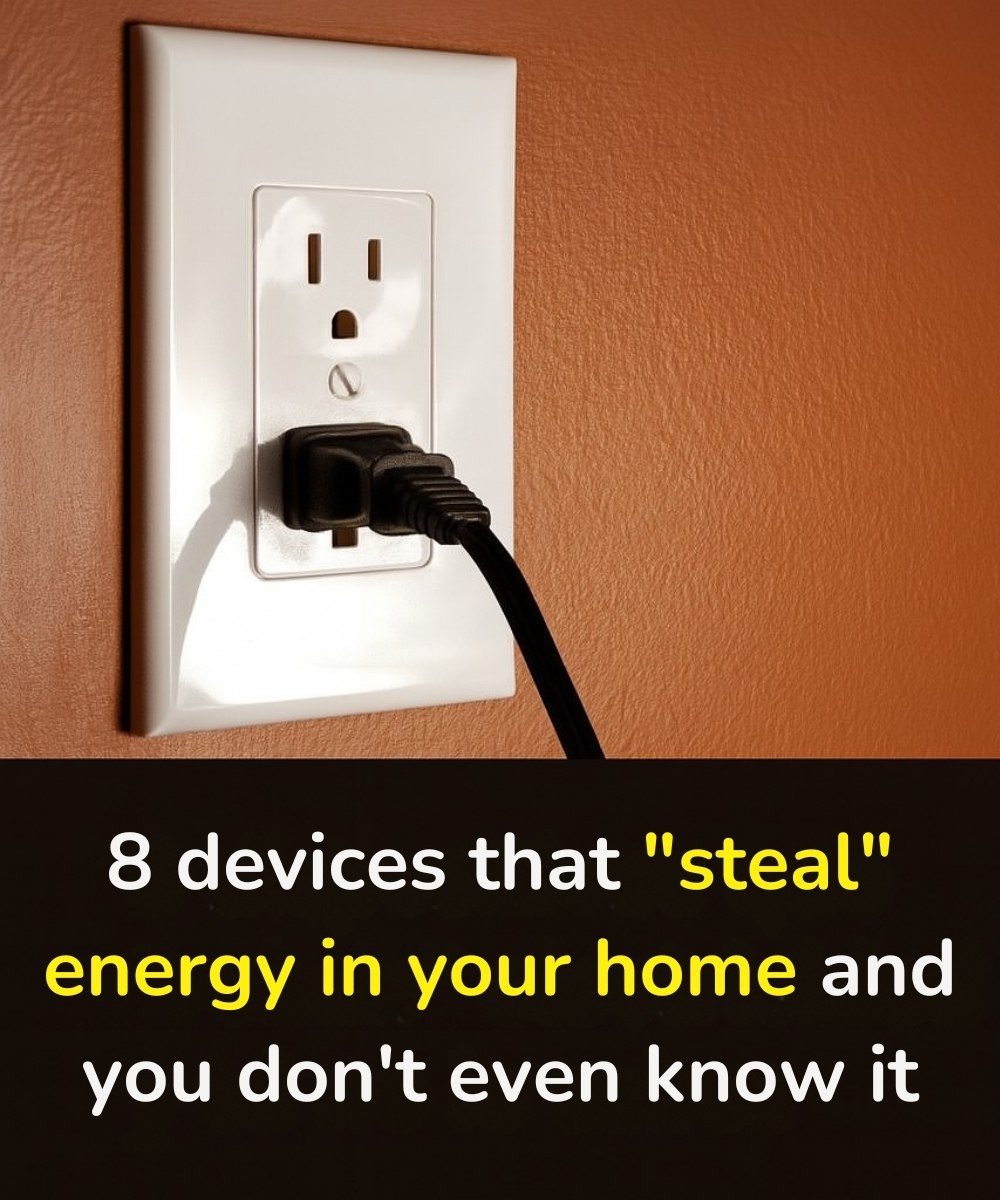ADVERTISEMENT
—
ADVERTISEMENT
### **4. Phone and Laptop Chargers**
A plugged-in charger draws power even if it’s **not connected to a device**. Multiply that by a few cables around the house, and it adds up.
**What to do:** Unplug chargers when not in use, or use a smart power strip that cuts power automatically.
—
### **5. Microwave Ovens**
The digital clock and standby features on your microwave use a small but constant amount of energy.
**What to do:** Unplug the microwave if you don’t use it often, or plug it into a power strip to cut off standby consumption.
—
### **6. Cable Boxes and Streaming Devices**
ADVERTISEMENT
These stay connected and use energy around the clock to keep receiving signals and updates—even when you’re not watching anything.
**What to do:** Power them down completely if possible, or use a timer plug to turn them off during hours you’re asleep or at work.
—
### **7. Printers and Scanners**
Even if you only print occasionally, leaving a printer on or plugged in can cause it to draw power unnecessarily.
ADVERTISEMENT
**What to do:** Turn off and unplug when not in use—especially in home offices.
—
### **8. Smart Home Devices (Alexa, Google Home, Smart Plugs)**
Convenient? Yes. But these devices are **always listening**, which means they’re always consuming power—even when idle.
**What to do:** Consider which smart devices you actually use daily. Turn off or unplug the rest, or put them on a master switch.
—
### 🧠 **Bonus Tip: Use Smart Power Strips**
Smart or advanced power strips detect when a device is in standby mode and cut power to it automatically. They’re a great investment for reducing “phantom” energy loss from multiple electronics.
—
### ⚡ How Much Energy Are You Losing?
While each device might only use a few watts on standby, the average U.S. household spends **\$100–\$200 per year** on power for devices that aren’t even in use.
That’s money spent on nothing—and energy wasted for no reason.
—
### Final Thoughts
You don’t need to live in the dark or unplug every single item in your home. But being aware of these quiet energy thieves—and taking a few simple steps to manage them—can lead to real savings on your electricity bill and reduce your environmental impact.
**Start small**: unplug what you don’t use, invest in power strips, and adjust settings. Your wallet (and the planet) will thank you.
—
Would you like a printable checklist of these energy-wasting devices, or a version formatted for social media or a newsletter?
ADVERTISEMENT
